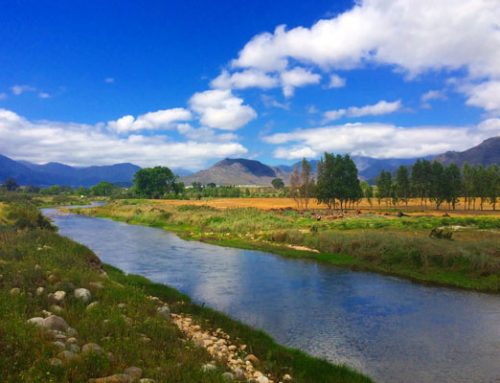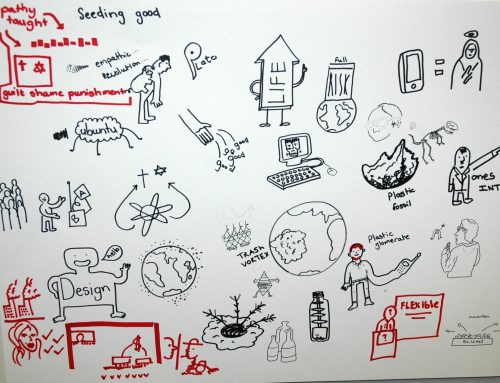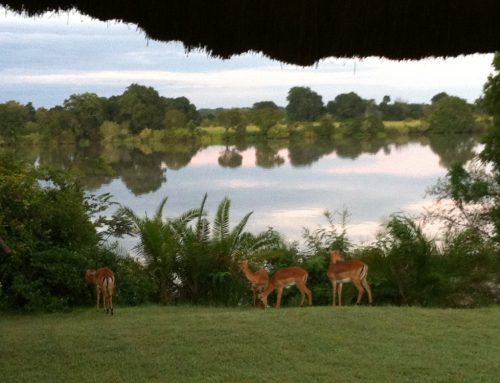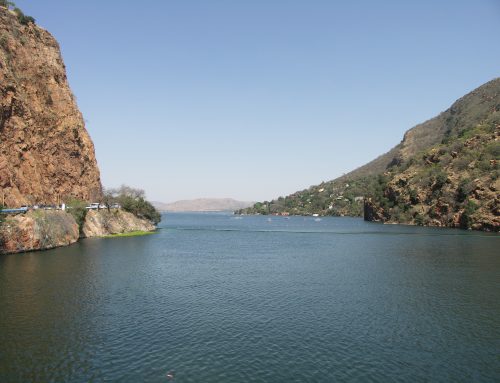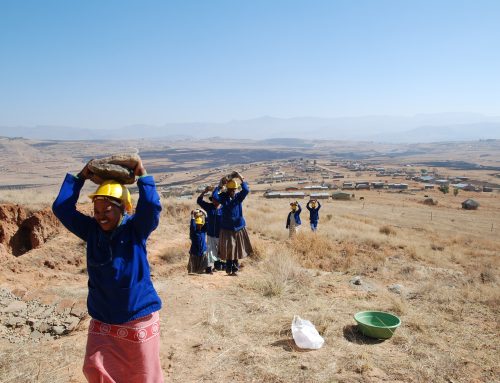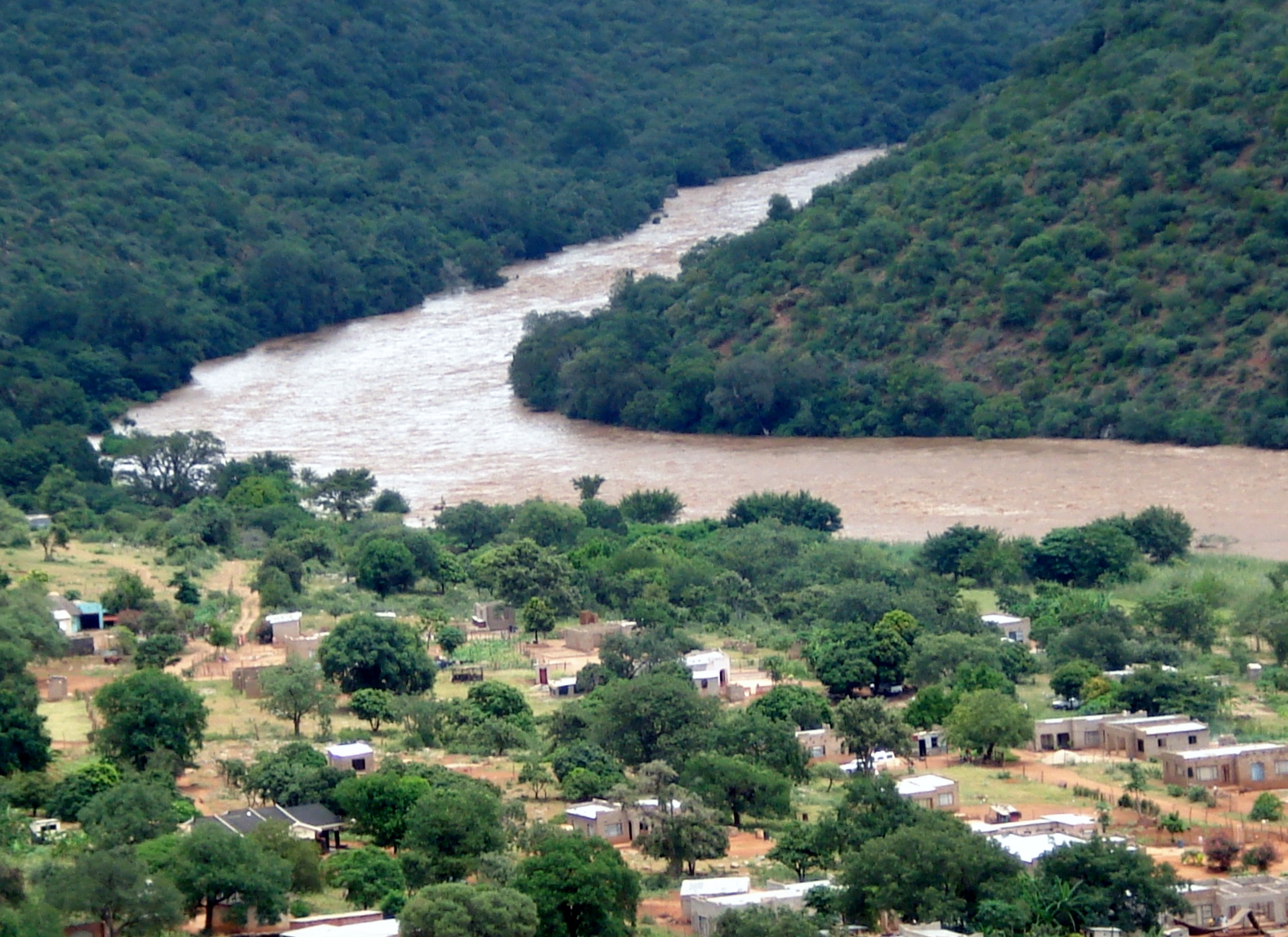
Lower Olifants River
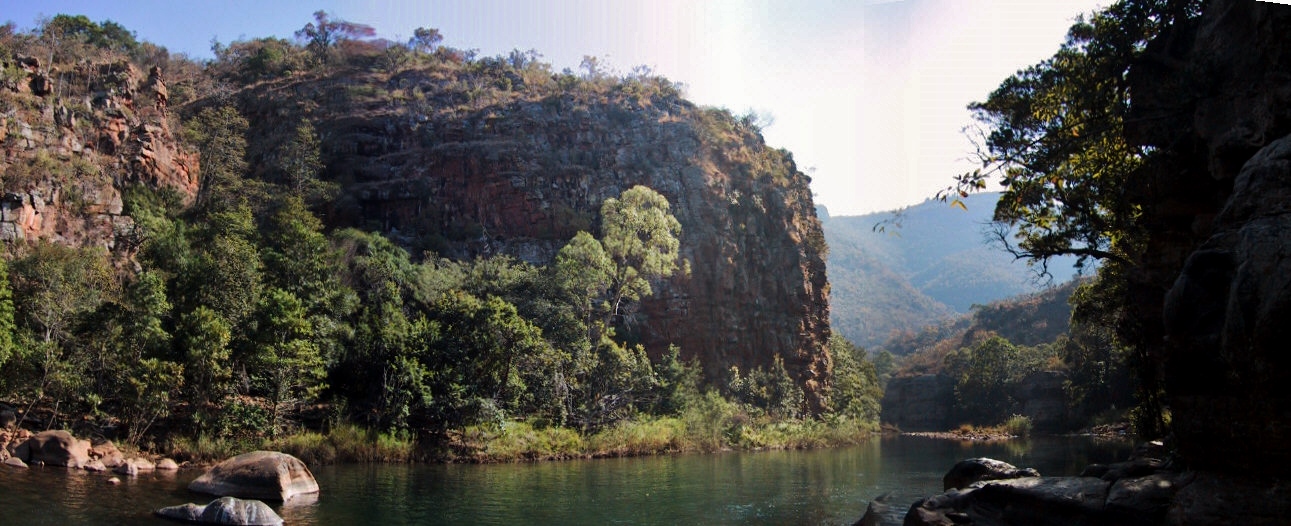
Blyde River
Project lead: Sharon Pollard, Derick du Toit and Marisa Coetzee of AWARD (Association for Water and Rural Development)
Who’s involved? A reference group and a large collaborating team of IWRM (Integrated Water Resources Management), biodiversity and social learning specialists and practitioners, plus (most importantly) partner fora and representative stakeholders in and for the catchment
Project description: RESILIM (Resilience in the Limpopo Basin) is a five year USAID-funded program running until the end of 2017, aiming to enhance resilience in catchment communities to climate and environmental change and to improve biodiversity outcomes, with a special emphasis on building capacity. An important focus within RESILIM is trans-boundary governance, in the broadest sense of the word ‘boundary’.
Within the RESILIM program are two interacting projects at different scales, both with identical high-level goals. The first is a basin-wide project (the Limpopo basin involves four countries), coordinated by the contracting firm ‘Chemonics’ and based mainly in Maputo, Mozambique – the seat of the Limpopo Basin Commission. This basin-wide program is known as RESILIM-B (B for basin). The second project is situated in arguably the most significant sub-catchment of the basin, the Olifants river basin. This project is called RESILIM-O, and is institutionally housed under the NGO ‘AWARD’ in Hoedspruit, South Africa.
There is a strong ecosystem services component in RESILIM-O, but one predicated more on ecosystem services seen as benefits and articulated by stakeholders, one important group of which are technical specialists. The processes involved in the generation of both riverine/riparian and terrestrial ecosystem services relate strongly to welfare economics and political economy, regarding access and benefit-sharing protocols for the different possible bundles of ecosystem services under differing (hopefully agreed-on) management scenarios. There is also a strong methodological emphasis on the group use of Causal Loop Diagrams (CLDs) in the context of systems thinking.
More information: Before the RESILIM website is operational, contact Dr Marisa Coetzee (marisa@award.org.za) for more information.




